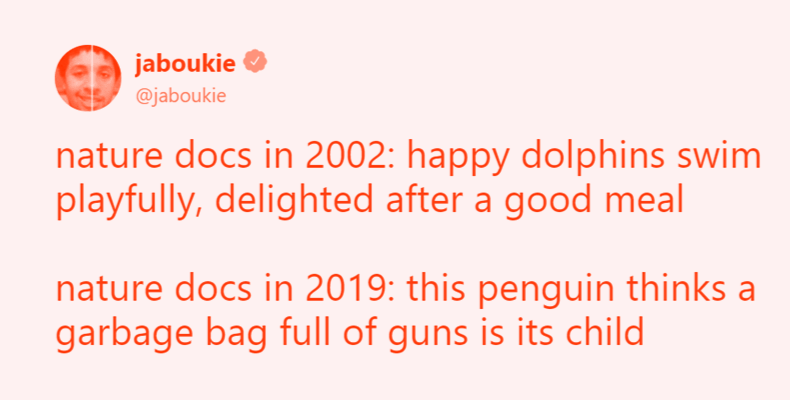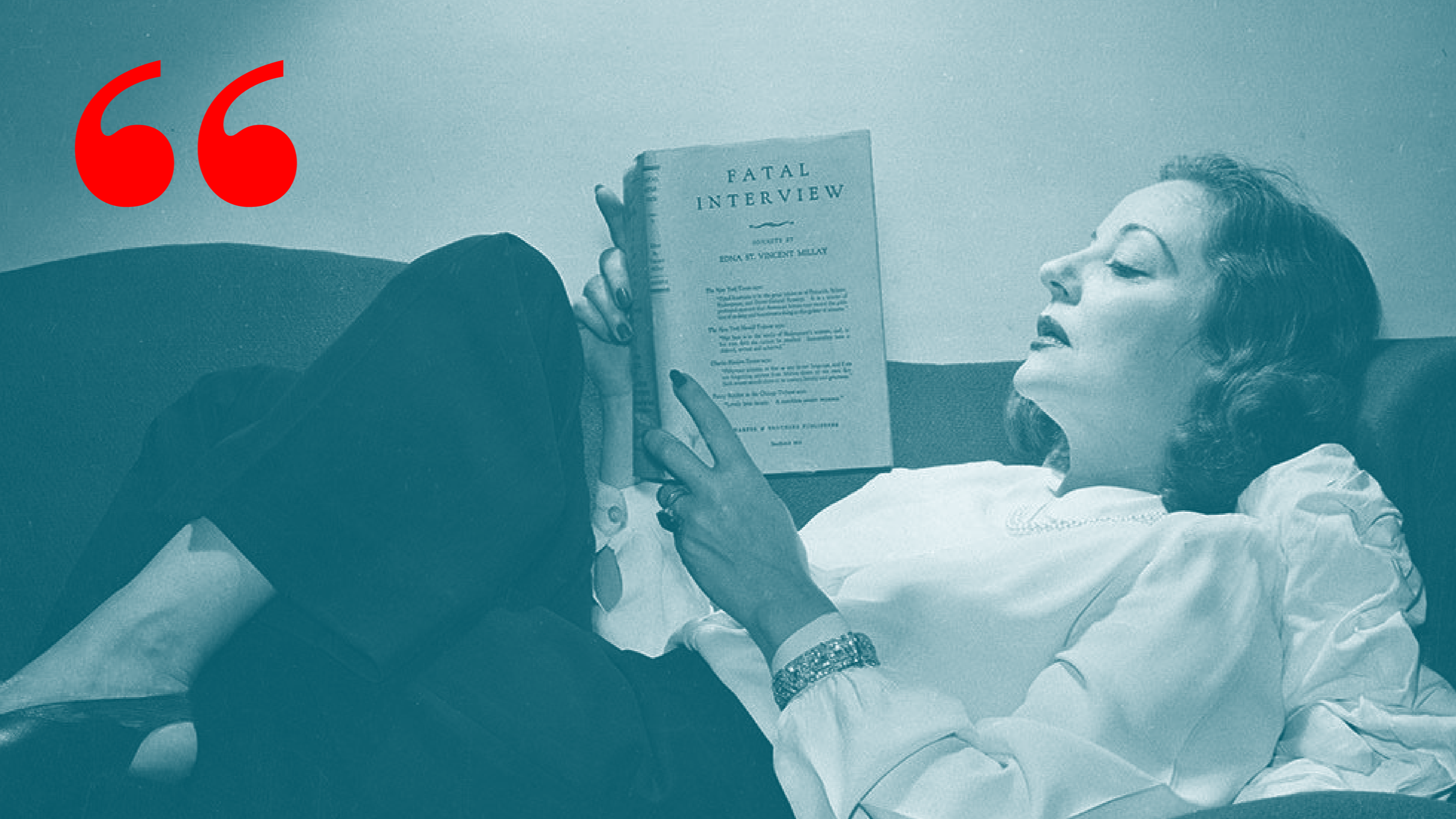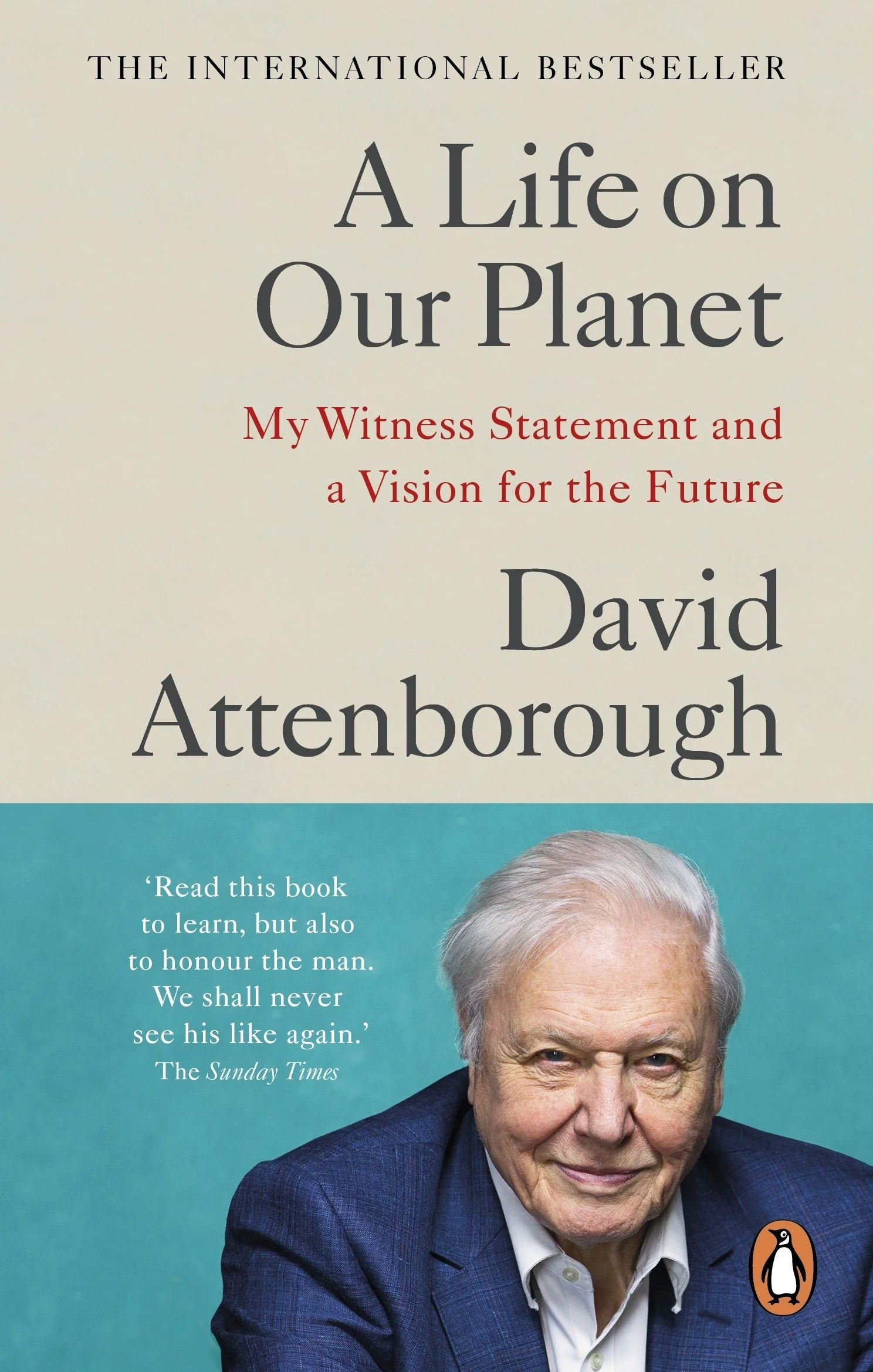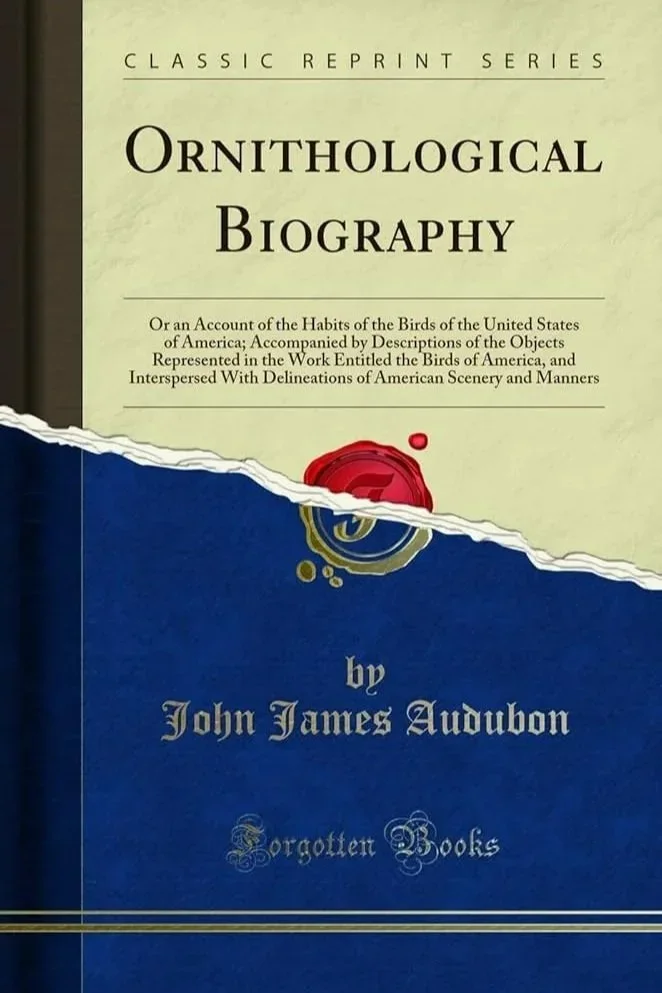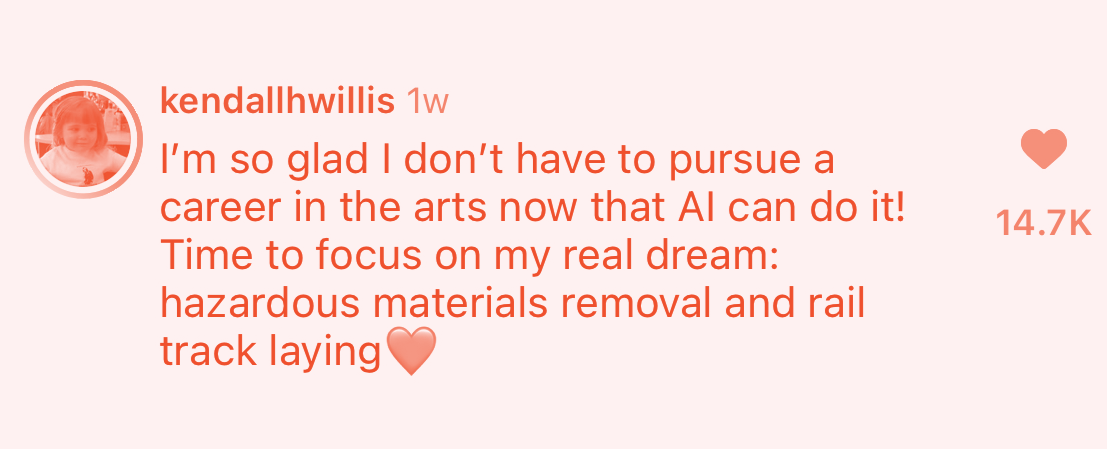Meanwhile in September – The ache for the larger life.
This article was published as a newsletter. To subscribe for a tastier reading experience, head here!
Hello there!
If you’re new, welcome. If you’ve been here before, it’s lovely to see you again.
I’m sending this from the Lion City 🇸🇬, where I am escaping the spring in favour of a soggy sort of permasummer. I find spring uncomfortable, mostly because:
It is in the spring that the ache for the larger life comes on us, and this was a particularly mellow spring morning. ― P.G. Wodehouse
In the spirit of the growing season (and a project that kept my focus all month), this newsletter is mostly reflections on nature-writing. I’m sorry/You’re welcome.
Meanwhile in writing
I spent the last month writing an article for The Metamorphosis Project Journal about David Attenborough and brand voice. I’ll pop it up when it’s published, but TL;DR: brands can’t sound like Attenborough because they’re not people with human values. No Attenborough values = no Attenborough voice.s the ring of a foul medieval illness, which is a helpful mnemonic, as the word means froth and foam.
It was an odd writing experience! When I write copy, I’m essentially cosplaying as a brand. When I write as myself, it’s usually Adverbs-adjacent, and I use my true voice (this one). So when I felt compelled to write in pseudo-academic tones under my own name, it read as stiff and performative. I love the content of the article, but I don’t love the voice. Ironique!
However, I did discover that I love nature writing, and I learned the word nidification. Swings and roundabouts.
Meanwhile in (nature) style
The premise of my Attenborough article is that our conservationist king expresses his values through his voice because, along with being a scientist, he is a naturalist and a nature writer. And nature writing, like all types of language, has its own grammar. Science writing rewards objectivity, impartiality and observation, but nature writing explores our relationships with nature and asks what we can learn from our fellow, non-human beings.
The grammar of nature writing includes some style choices that set it apart from science writing:
You can use punctuation in emotive ways. That means you get to use exclamation marks (!!!), your ellipses can be for emphasis or a trailing thought … and you’re allowed to do whatever you want; with semicolons. 😎
Short sentences are fine. Fragments, too. In fact, combining longer, more literary sentences with short ones can be used to create musicality in your paragraphs.
Your writing doesn’t have to be totally literal. That means you can use idioms, metaphor, rhetoric and any other linguistic tools that work to tell the story.
Meanwhile in reading
While still abiding by the dictates of the Bradbury Challenge, my reading this month has been entirely research. My favourite was The Open Boat, a fictional short story based on author Stephen Crane’s real-life experience of being shipwrecked.
If I am going to lose my life to the sea—if I am going to lose my life to the sea—why was I allowed to come this far and see sand and trees?
Perfect use of em dashes and rhythm, and easily the best short story I’ve read in years. It almost absolves Crane of being mates with Ultra Mega Colonialism Fan Rudyard Kipling. 10/10.
A Life on Our Planet
My book of the month is A Life on Our Planet. It’s informative and urgent but still impressively accessible — everything you’d expect from Attenborough. Our favourite self-described ‘standard, boring left-wing liberal’ writes about climate change in his lifetime (exponential), plant-based diets (a must), rampant and unrepenting consumerism (a blight) and carbon credits (good but still require simultaneous emissions reduction). It’s a lovely read. 🌏
Short stories
Now that I’m on campus four days a week, my newest obsession is octodecimo story collections to read on the bus. Hoorah, therefore, for Macmillan Collector’s Library, publisher of Classic Stories of the Sea, below. Definitely one to investigate if you’d like to expose yourself to classic authors (across a heap of genres) without committing to a whole book.
Nature writing
If this (sorry) niche (I promise I won’t do it again) newsletter has tickled your fancy, go read some nature writing! Mary Austin’s The Land of Little Rain is beautiful and challenges the patriarchal bent of late-1800s nature writing, and the unbelievably charming Natural History and Antiquities of Selborne is beloved by everyone from Charles Darwin to Roald Dahl and Virginia Woolf. My favourite, though, is Audubon’s Ornithological Biography. Here we learn that ravens seek ‘freedom from the dread of their most dangerous enemy, the lord of the creation’. Ravens apparently not only worship God, but they know he’s out to get them. Unbeatable stuff. 🐦⬛
Meanwhile in editing
Father’s Day is just around the corner, making this the perfect time to wonder what’s going on with that apostrophe. 👀
Cherished Friend of Adverbs™ Xavy’s instincts were correct. We think about Father’s Day as ‘the day of fathers’, which would be apostrophised as Fathers’ Day. But the holiday follows the conventions of Mother’s Day, which was invented in 1912 (11 years after the Victorian era), and it really did mean ‘the day of mother’. Not all mothers, your mother. Ergo, not all fathers, your father. Gather the family — Papa’s day is almost here! He will be pleased.
Meanwhile online
Thank God! Microsoft has released a list of jobs that their researchers claim are at most and least risk of replacement by AI. At last, we can realise our techno-utopian future, freeing ourselves from the unrewarding labour of being an author, DJ, journalist or teacher. I genuinely can’t wait for the day someone decides to replace DJs with a self-loathing robot.
That’s all for September
Thanks for reading Meanwhile in September! If you were sent this and fancy subscribing, you can do so below — feel free to share it far and wide or keep it squirrelled away just for you. I’ll see you in October. 🫶





